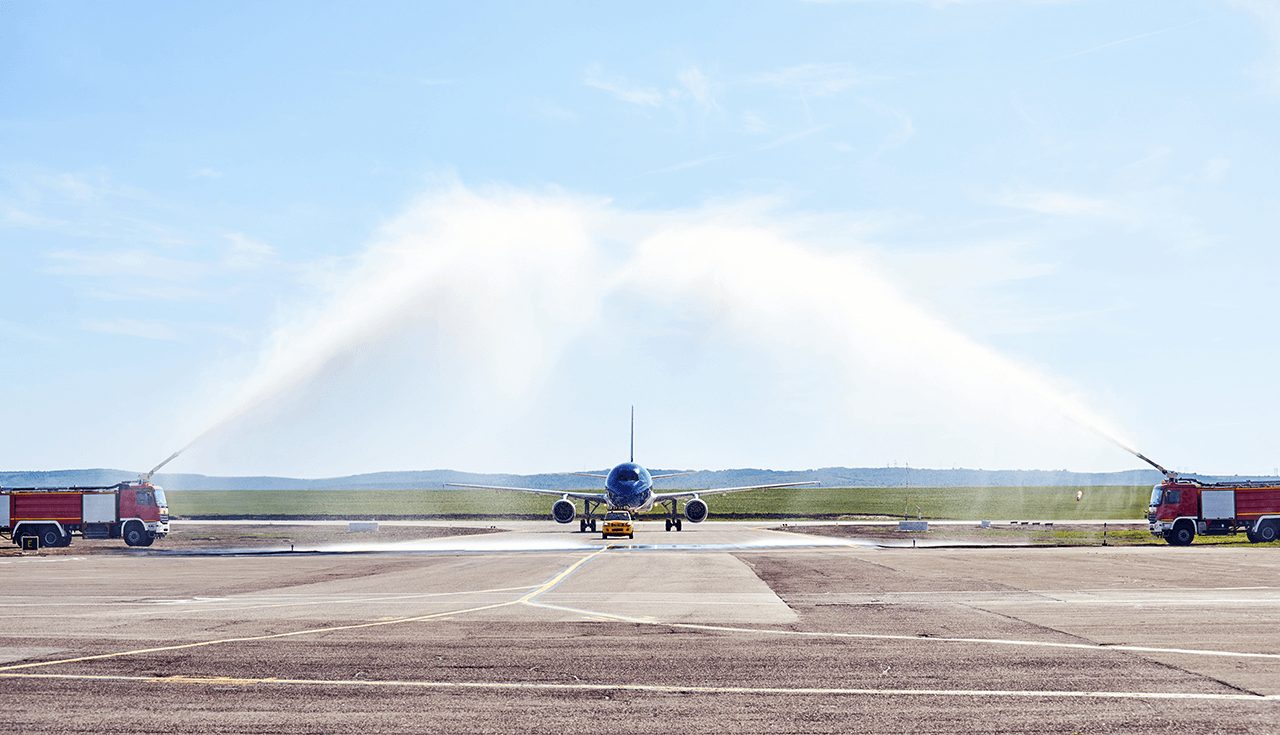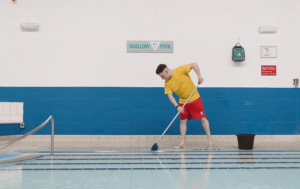
Castle Water Protects Customers from an Unfair Tariff Hike and Secures Nearly £500K in Savings
At Castle Water, our commitment to fairness isn’t just something we talk about it’s something we deliver. When proposed tariff

At Castle Water, our commitment to fairness isn’t just something we talk about it’s something we deliver. When proposed tariff

At Castle Water, our commitment to fairness isn’t just something we talk about it’s something we deliver. When proposed tariff changes threatened to significantly raise costs for large users of water, we stepped in and took action. The result? A saving of nearly £500,000 for just one major UK infrastructure
